-

Our Charge Is Clear: Focus on What People and Nature Need
March 21, 2025
At the very time we need to do more, the latest actions by the Trump administration have created a crisis for the decades-long Bay restoration effort. We cannot and will not stop doing the work that matters.
-
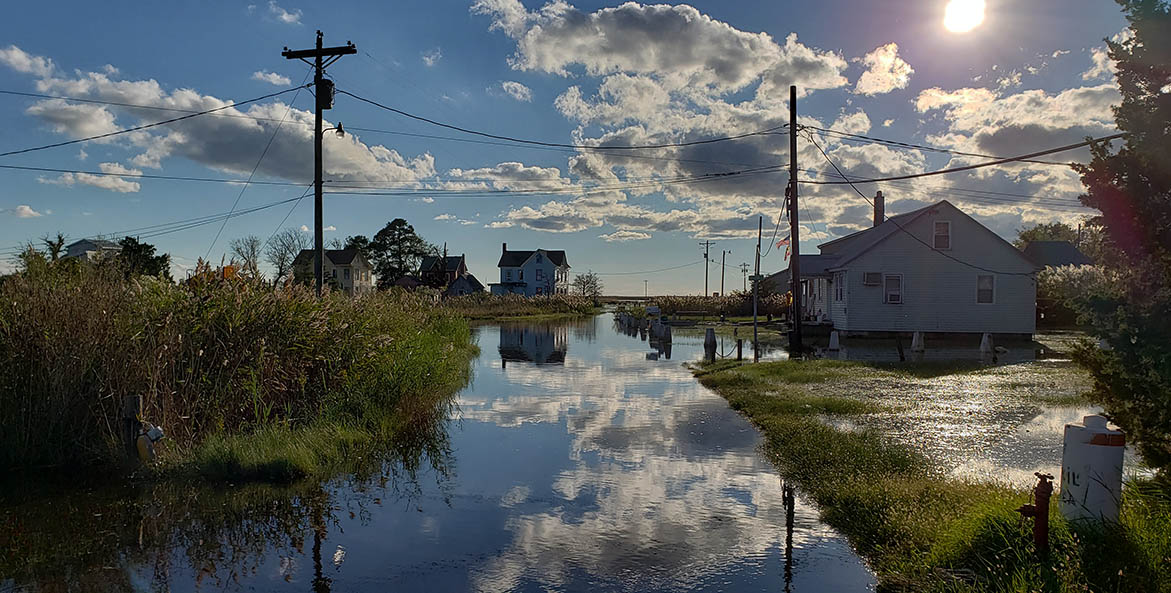
60 Minutes Spotlights Smith Island, Chesapeake Bay Sea Level Rise Challenges
December 2, 2024
The plight of Smith Island, Maryland attracted national attention this week on CBS’s 60 Minutes. Smith Island, nestled off the coast of Crisfield in Tangier Sound, is one of Maryland’s most unique cultural and ecological places.
-
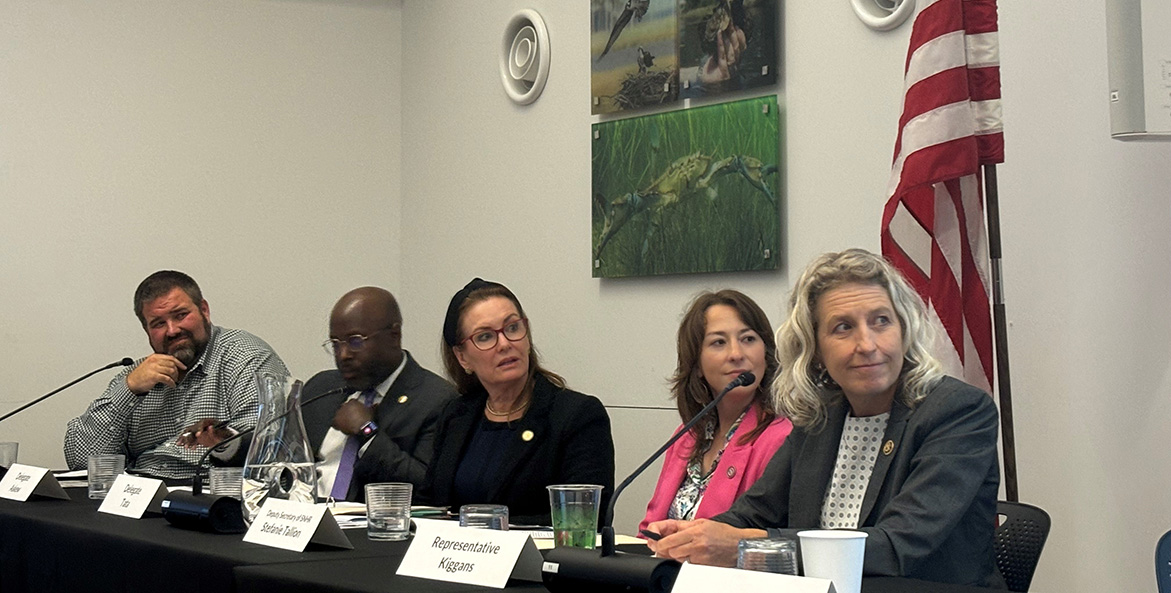
Virginia Beach Panel Tackles Bay Restoration’s Future at Pivotal Crossroads in Forty-Year Effort
August 15, 2024
The future of the Chesapeake Bay’s restoration in Virginia was the focus of the “Beyond 2025: How the Bay Agreement Can Impact Our Community” panel discussion Wednesday in Virginia Beach at the Chesapeake Bay Foundation’s (CBF) Brock Environmental Center.
-
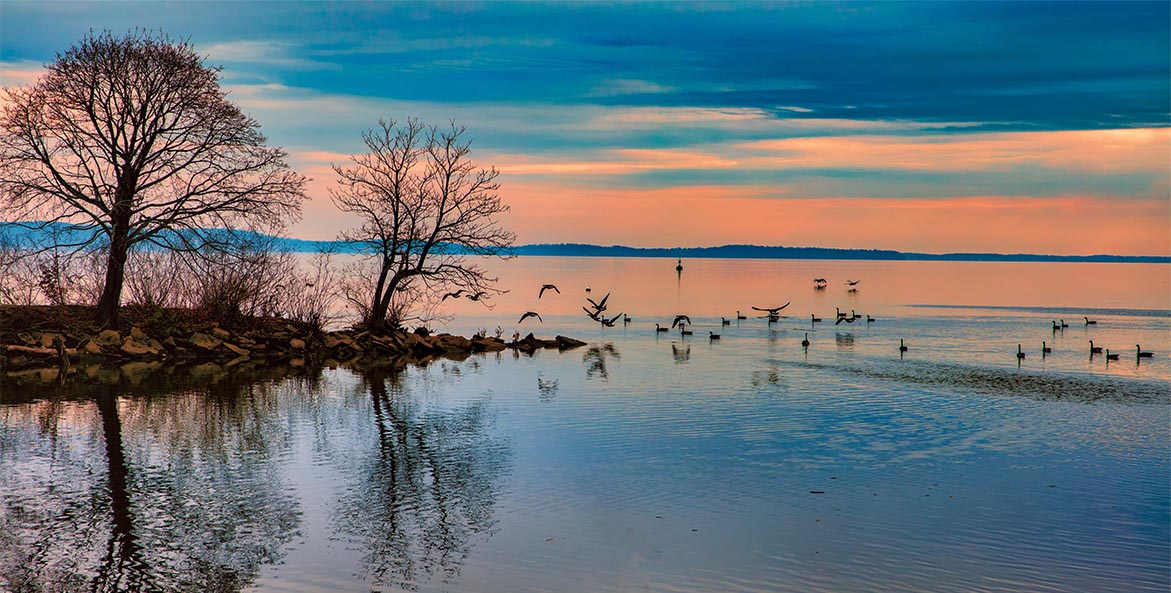
EPA Chesapeake Bay Evaluations Show Need for Action
August 14, 2024
Key states in the Chesapeake Bay watershed are not fully on track to meet commitments to reduce pollution to the Bay by 2025, according to evaluations released today by the U.S. Environmental Protection Agency.
-
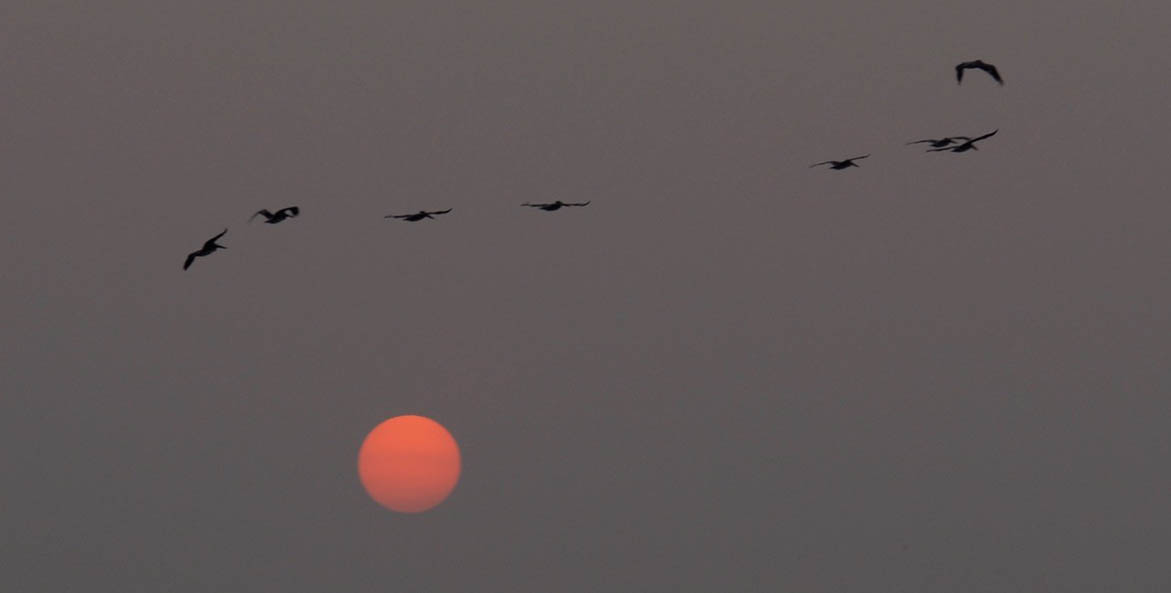
CBF Statement on the UMCES 2023 Chesapeake Bay Report Card
July 9, 2024
The health of the Chesapeake Bay has improved to a C+ for the first time in 20 years in the University of Maryland Center for Environmental Science (UMCES)’s 2023/2024 Chesapeake Bay Watershed Report Card released today.
-
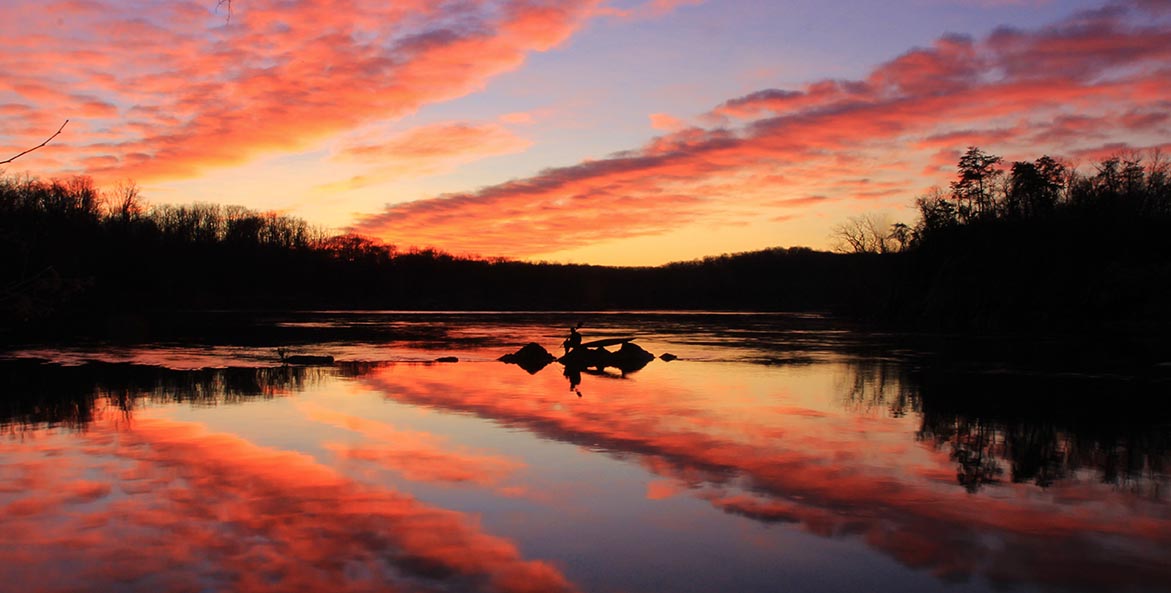
Heart and Science: The Chesapeake Bay Needs Both
December 5, 2023
To succeed in the next chapter of bay-saving, we’re going to have to widen conservation’s historically narrow lens. We can’t focus so pointedly on trying to recreate the past that we neglect to build for the future—a future that recognizes that nature and human communities are intertwined.
-
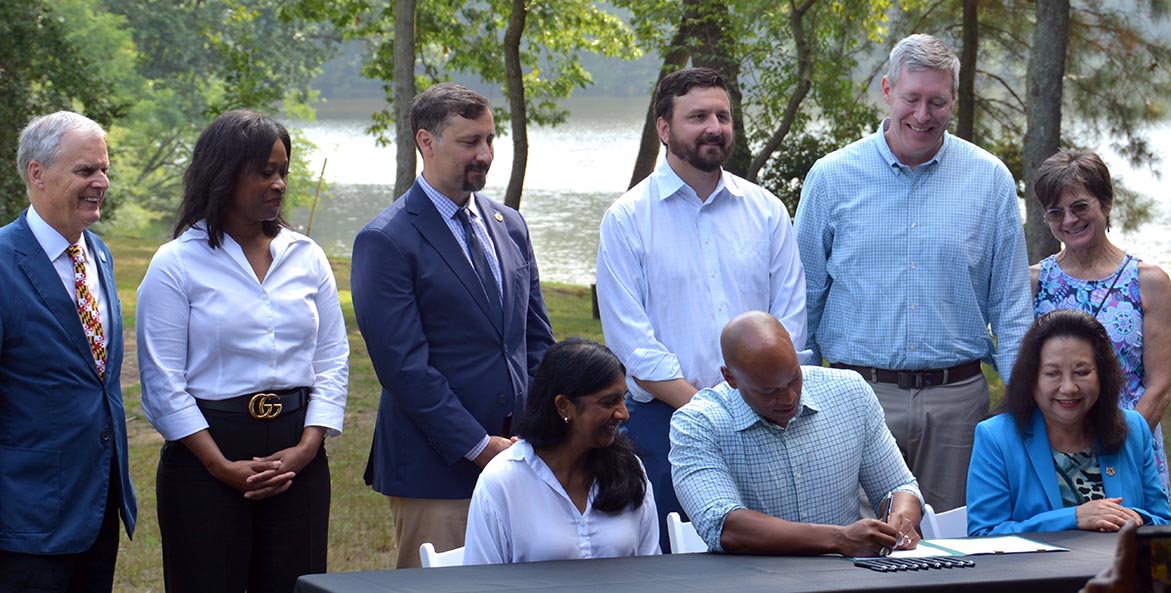
CBF Issues Statement on Gov. Moore's Bay Restoration Announcements
July 20, 2023
On Thursday, July 20, Gov. Moore renewed his commitment to Bay restoration and announced new strategies to move efforts forward.
-
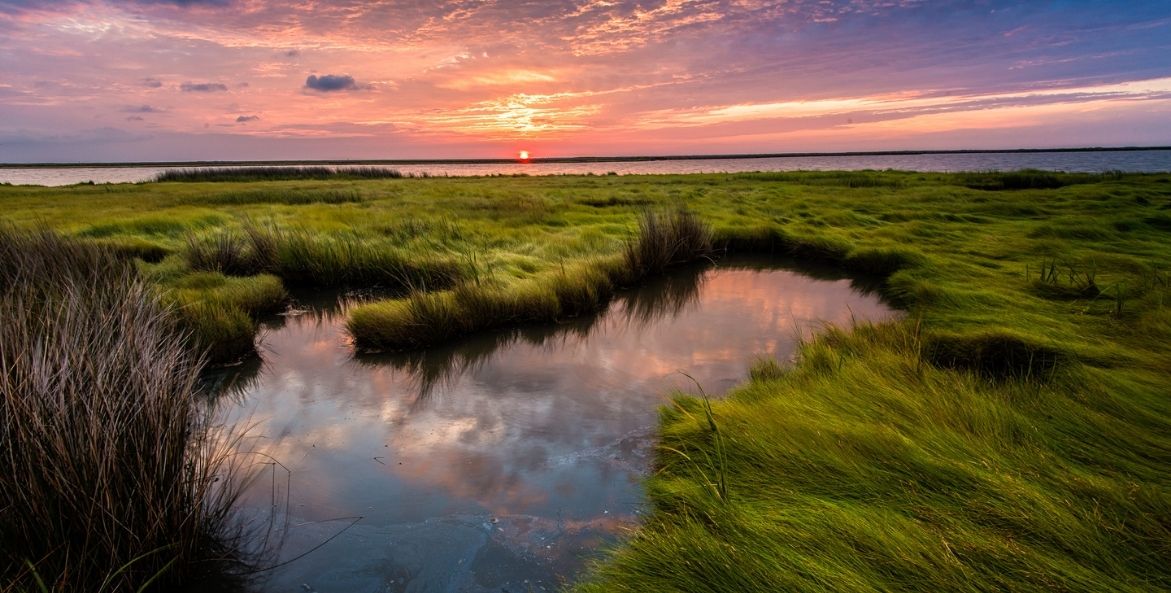
CBF Statement on the 2022 UMCES Chesapeake Bay Report Card
June 6, 2023
The University of Maryland Center for Environmental Science has released its 2022 Chesapeake Bay Watershed Report Card, which rated the overall health of the Chesapeake watershed with a grade of B-.
-
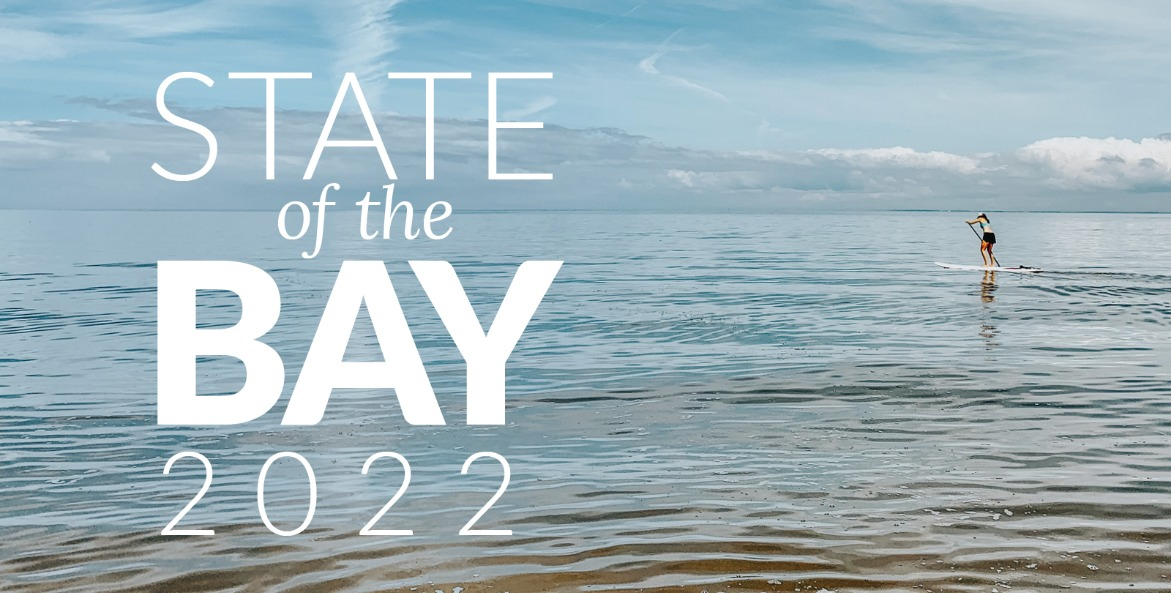
CBF's 2022 State of the Bay Score Unchanged
January 5, 2023
Overall, the unchanged score is largely a result of failures to make needed changes on farmland to reduce pollution.
-
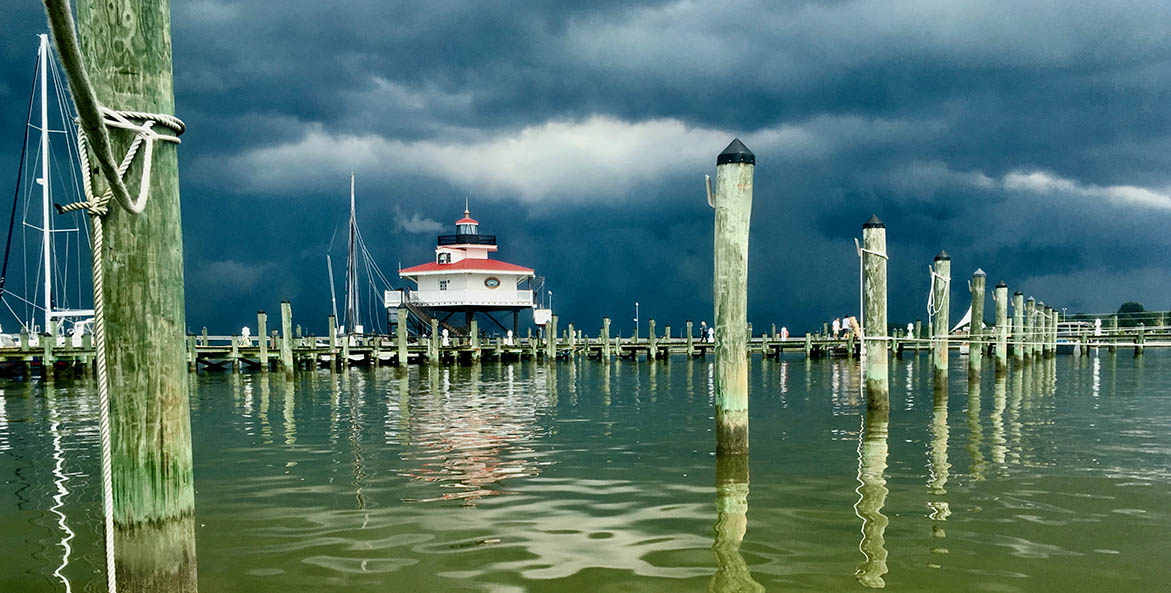
CBF Issues Statement On New Bay Water Quality Assessment
September 14, 2022
Overall water quality in the Chesapeake Bay declined slightly between 2018-2020, according to the most recent assessment. Following the announcement, Beth McGee, director of science and agricultural policy for the Chesapeake Bay Foundation, issued this statement.
-
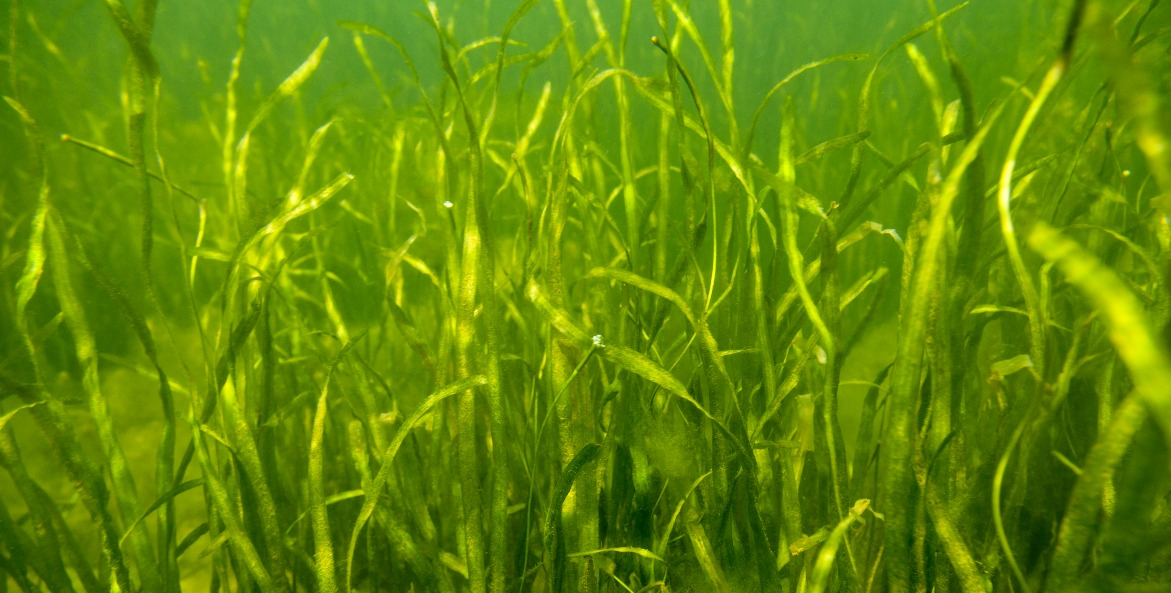
Underwater Grasses: How Are They Doing?
August 30, 2022
Underwater grasses are a critical habitat in the Bay and its tidal rivers. We asked Dr. Beth McGee for an update on their status and what it means for the health of the Bay.
-
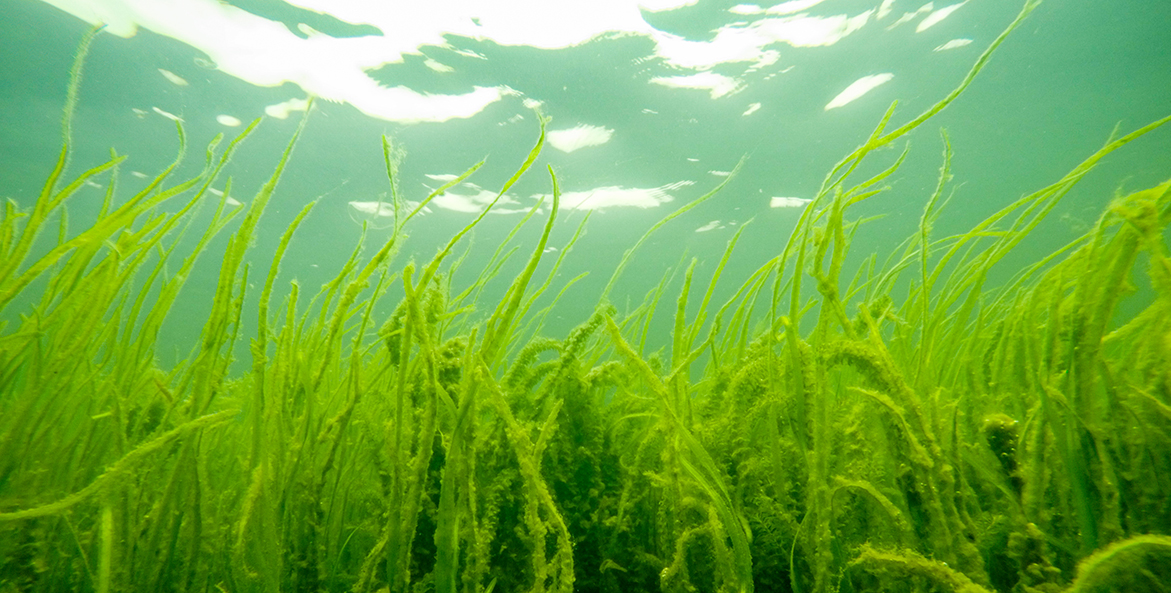
Catching a Heat Wave
July 18, 2022
The Chesapeake Bay is warming. Researchers are finding out why—and what a hotter future means.
-
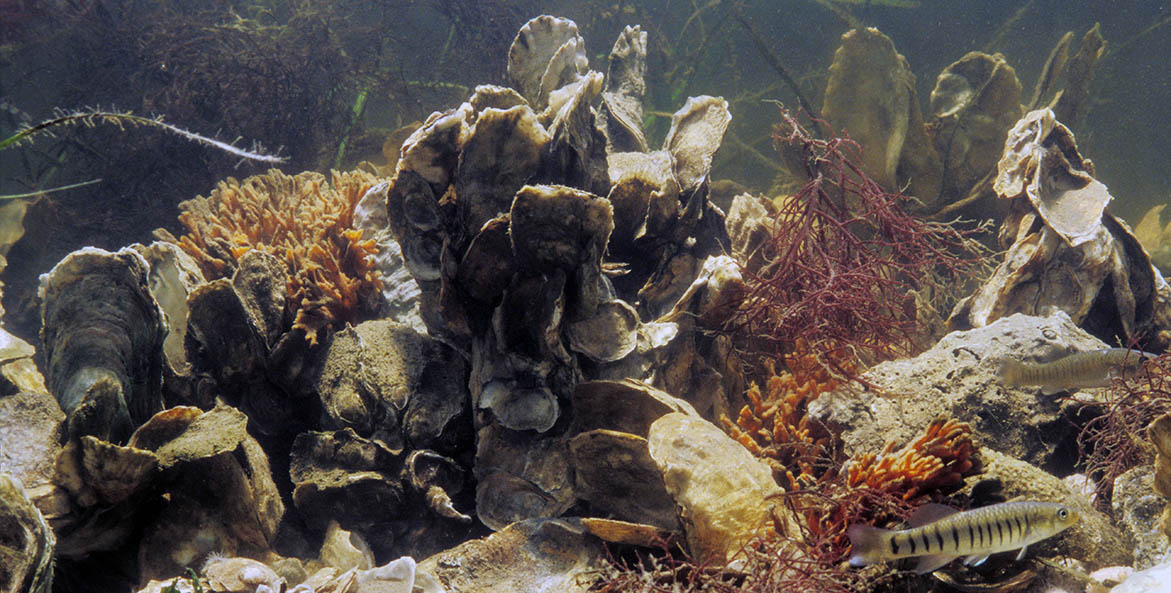
Pass the Salt, Please
June 17, 2022
Oysters like things a little salty. So, what happens when the Bay gets fresh?
-
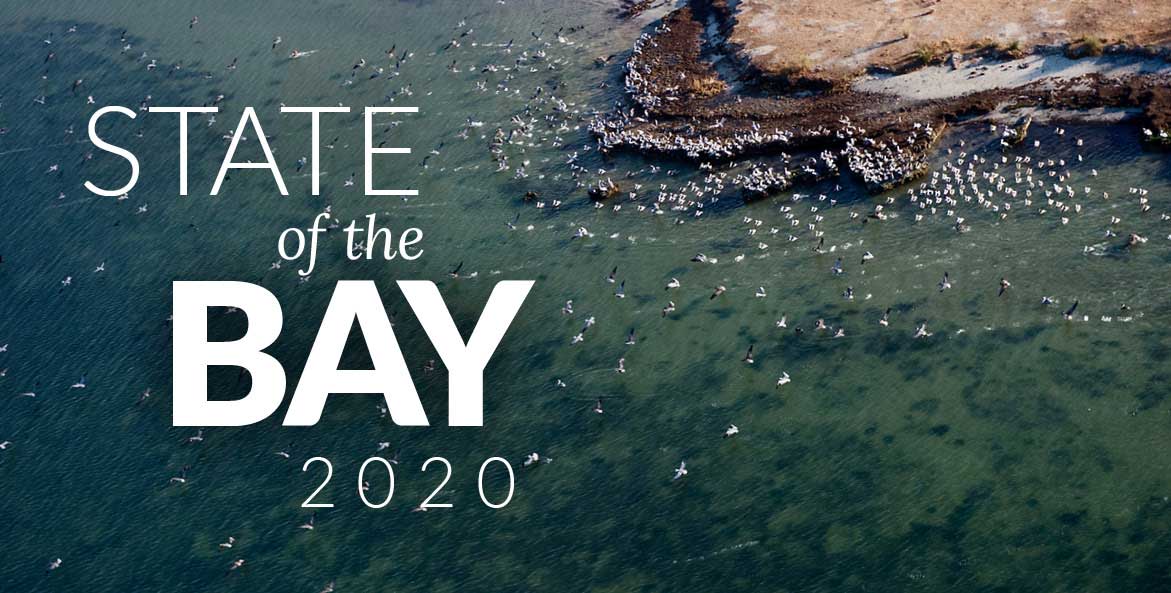
CBF's 2020 State of the Bay Score Down Slightly
January 5, 2021
This year, the Chesapeake Bay Foundation's assessment of the State of the Bay remained at a D+, but declined by one point from 2018. While concerning, the decline is largely due to ineffective management of the Bay's striped bass population, as opposed to water quality concerns.
-
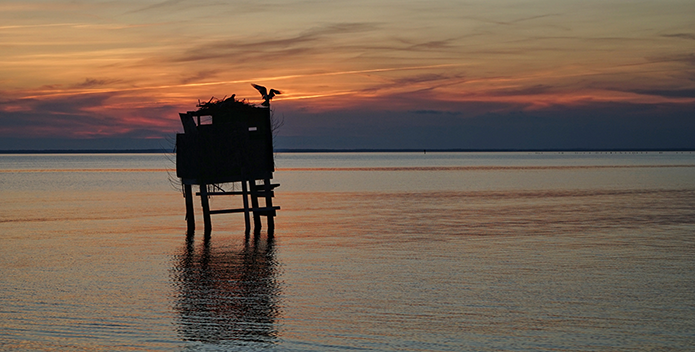
CBF Issues Statement on the UMCES Report Card
May 21, 2019
(ANNAPOLIS, MD)—The University of Maryland Center for Environmental Science's annual Chesapeake Bay and Watershed Report Card found that extreme rainfall in 2018 cause indicator score to either decrease or remain the same
-
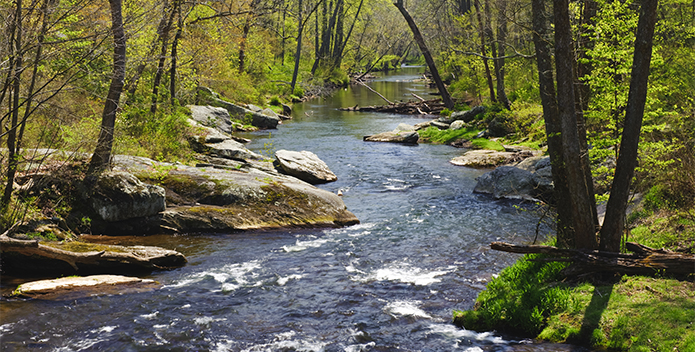
CBF Issues Statement on the Bay Barometer Report
April 2, 2019
(ANNAPOLIS, MD)—Today, the Chesapeake Bay Program released its annual Bay Barometer report, looking at 19 environmental indicators. Questions have been asked about the difference in the Bay Barometer and the Chesapeake Bay Foundation's State of the Bay score, which declined in 2018.
-
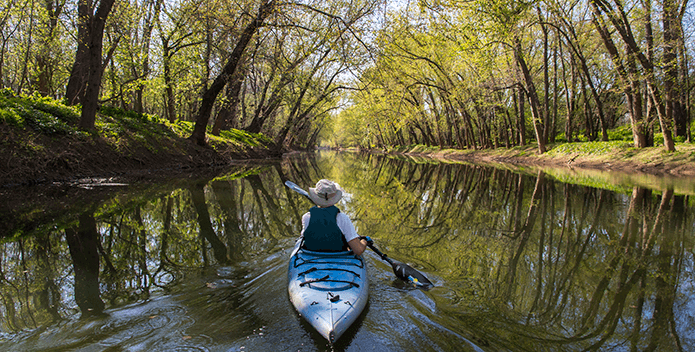
This Month on the Bay: March’s Lion Has Lost His Teeth
March 21, 2019
True to form, March 2019 came in like a lion this year.
-
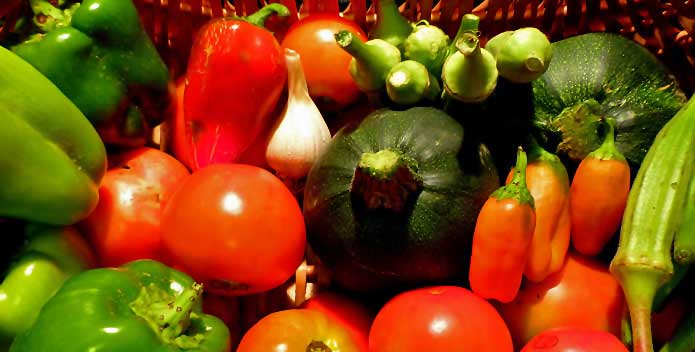
CSAs for the Bay
March 6, 2019
In the Chesapeake region, small scale farming that emphasizes best management practices is vital in supporting the health of the Bay and its waterways.
-
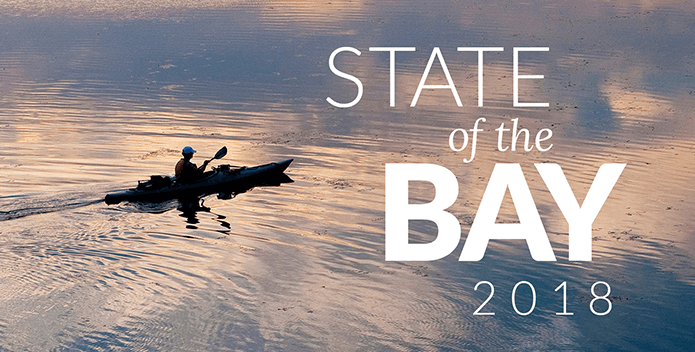
2018 Bay Health Score Drops as Massive Rains Increase Pollution
January 7, 2019
(ANNAPOLIS, MD)—The Chesapeake Bay Foundation’s biennial State of the Bay report score decreased one point this year to 33, equivalent to a D+. The drop was largely due to increased pollution and poor water clarity caused by record regional rainfall.
-
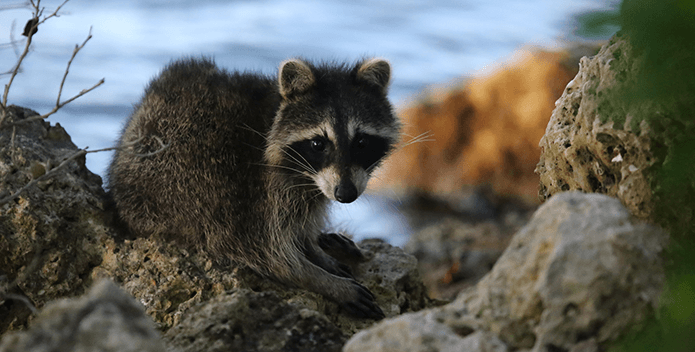
Defining the Chesapeake
November 28, 2018
Exploring the rich Native American history that is intrinsic to our region’s identity.
-
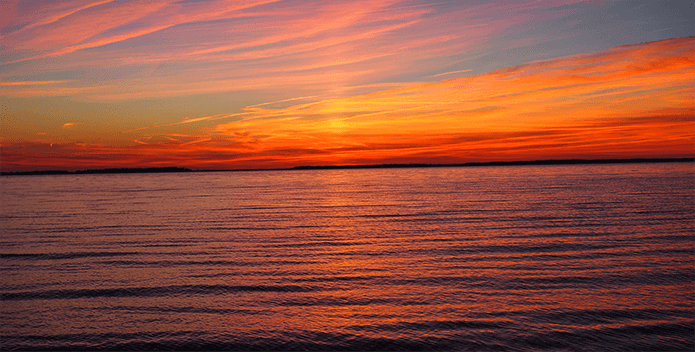
CBF Issues Statement on Congressional Efforts to Derail the Blueprint
July 19, 2018
(ANNAPOLIS, MD)—Chesapeake Bay Foundation President William C. Baker issued this statement following the passage of Congressman Goodlatte’s amendment to H.R. 6147, the Interior, Environment, Financial Services, and General Government Appropriations Act, 2019.
-
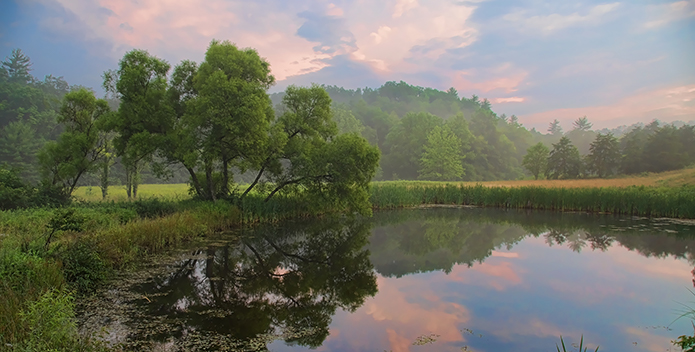
CBF Issues Statement on Bay Program Pollution Reduction Estimates
July 17, 2018
(ANNAPOLIS, MD)—Beth McGee, Chesapeake Bay Foundation Director of Science and Agricultural Policy, issued this statement following the release of Chesapeake Bay Program data on modeled reductions in pollution.
-
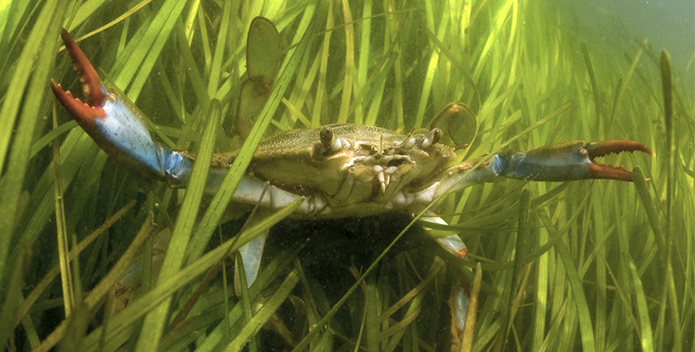
This Month on the Bay: Life in an Eelgrass Bed
July 11, 2018
If oyster reefs are the Chesapeake's equivalents to corals, underwater grass beds are our rain forests.
-
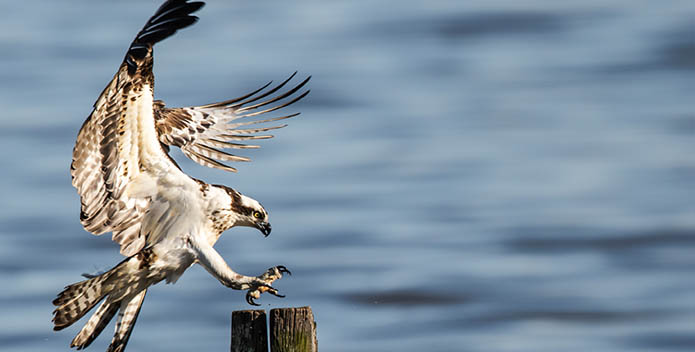
Photo of the Week: Cleared for Landing
June 25, 2018
Male osprey coming in to perch on a piling near his nest in the Upper Potomac River, Leesylvania State Park.
-
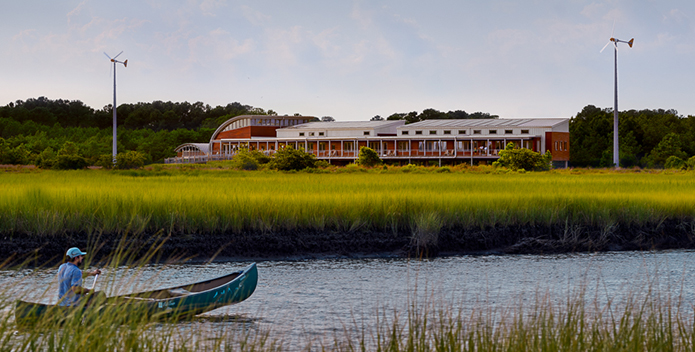
June 26 Discussion to Examine Chesapeake Bay Culture and Conflict
June 18, 2018
(VIRGINIA BEACH, VA)—Learn about the extraordinary history of the first European explorers and the people they encountered on and around the Chesapeake Bay in what is now Hampton Roads at the Chesapeake Bay Foundation's next free Brock Environmental Learning Series discussion on Tuesday, June 26.
| Items 1 - 25 of 30 | 1 | 2 | Next |
